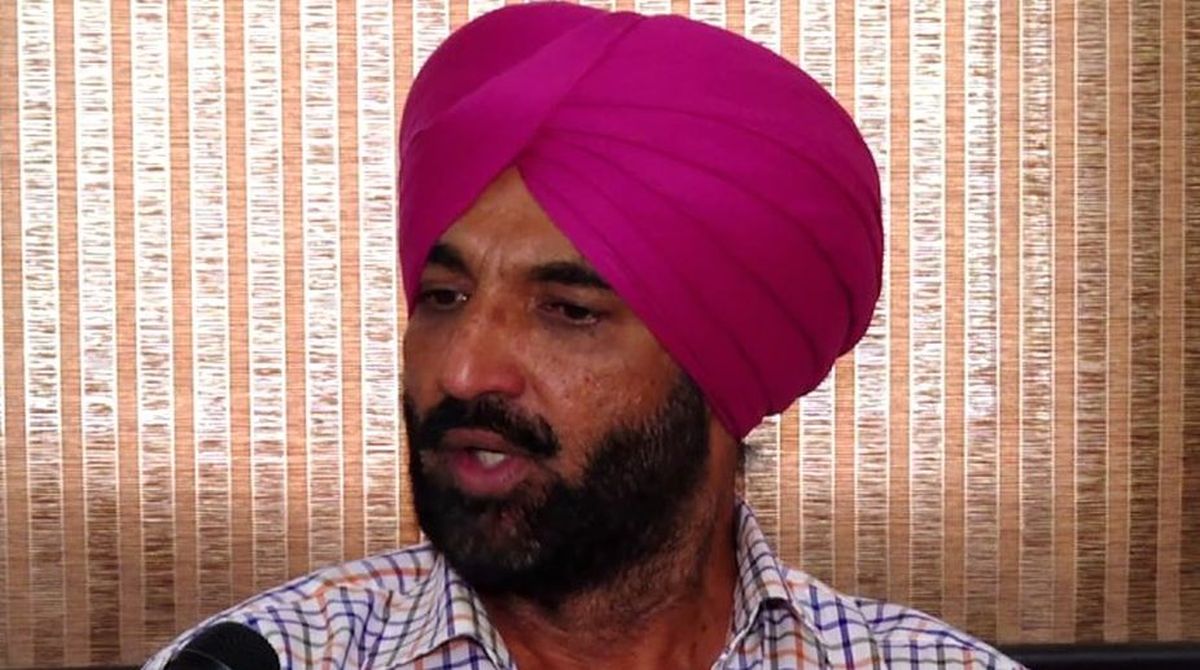Index of Eight Core Industries spikes by 3.8% in Dec ’23
In November, the index of eight core industries was 7.9%.

Mission Director, Tandarust (healthy) Punjab, KS Pannu.
Claiming reduction in the usage of Diammonium Phosphate (DAP) fertiliser by 29 per cent in the kharif crops, Tandarust Punjab Mission on Tuesday said it would not focus on restraining the usage of urea.
Informing this, Mission Director, Tandarust (healthy) Punjab, KS Pannu said goaded by the lust to get more yield or in a bid to keep up in race of quantum of fertilisers used by fellow farmers or simply due to ignorance, farmers tend to use nearly twice the required quantity of Urea in the fields.
Advertisement
He said instead of two bags per acre of neem coated urea recommended by Punjab Agriculture University (PAU), farmers are using three to five bags.
Giving details, Pannu said during the Kharif season, paddy is sown in 30.65 lakh hectares in the state. Urea consumption registered for the same is about 10 lakh tonnes which is 3.15 lakh tonne over and above the recommended quantity.
Advertisement
In case paddy sowing is preceded by green manuring, the requirement of urea decreases further.
The excess urea adversely affects the soil health by increasing the toxicity. It makes the crops susceptible to diseases and above all it burns a hole in the pockets of the farmers by increasing the input cost exorbitantly.
“In times when agriculture is no longer a profitable venture, cutting down the input costs is a magic wand to boost the profits. So, Tandarust Punjab Mission aims at putting Rs 200 Crore being spend on excess urea purchase, back into the farmers kitty,” Pannu said.
He said the strategy to achieve the same is “awareness, motivation and compliance”.
An extensive awareness campaign would be undertaken where in the farmers would be guided about the optimal usage of urea and the pros and cons of adhering and non-adhering to the directions of the experts.
Pannu said special training camps and awareness seminars would also be organised and literature in the form of pamphlets would be distributed to the farmers.
Awareness initiatives through posters, hoardings, advertisements in print, electronic media and radio are on.
This would be followed by motivational interactions and field visits to the farms of progressive farmers adhering to the advice of the experts. Last but not the least would be ensuring strict compliance with the norms via laid down guidelines, said Pannu.
Advertisement